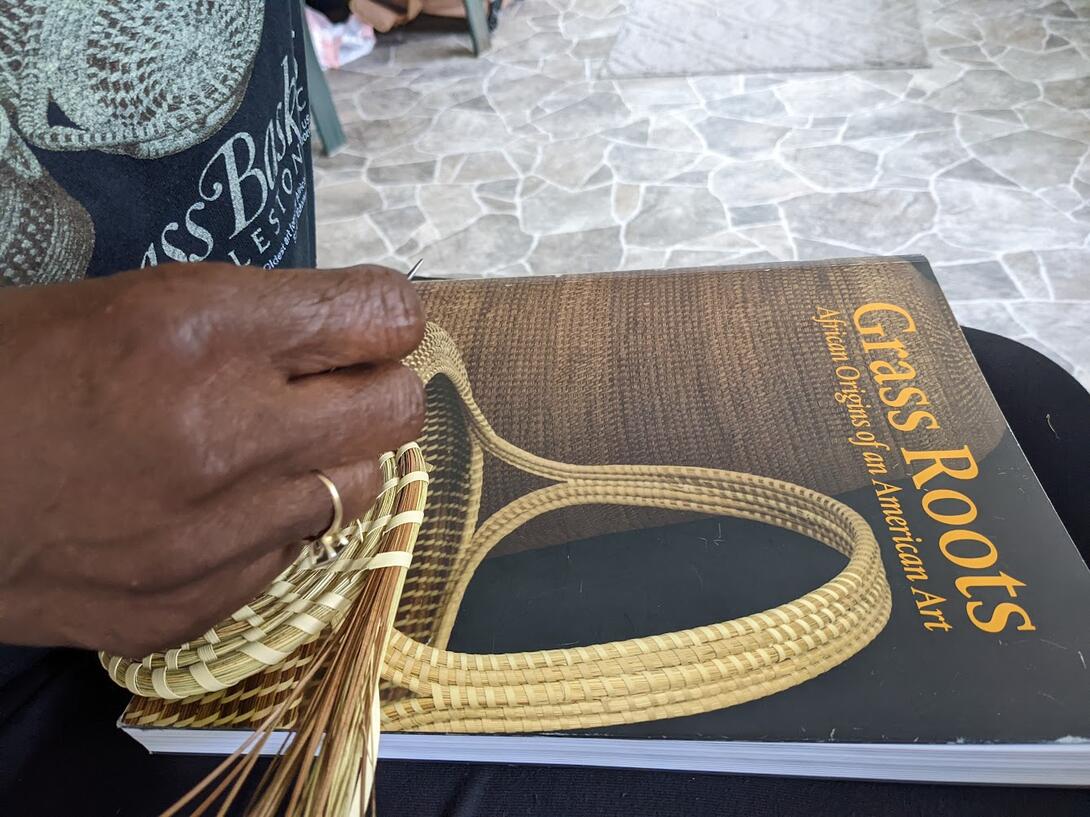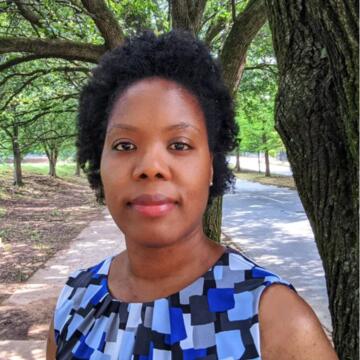PJ Dick Innovation Fund Project Grant: Craft Practices and Computation in Three Cultures

Craft Practices and Computation in Three Cultures: Pittsburgh, South Carolina and Thailand
Vernelle A. A. Noel, Lucian and Rita Caste Assistant Professor in Architecture, Carnegie Mellon Architecture
In collaboration with: Tommy CheeMou Yang, Visiting Special Faculty, Carnegie Mellon Architecture
This project is an ethnographic study, computational investigation and design exploration of craft practices in three different locations: willow, wire and textile weaving in Pittsburgh; the Gullah tradition of sweetgrass basket weaving in South Carolina; and joinery, umbrella-making and weaving in Thailand. Starting from a Situated Computations framework, this research project has three main components: 1) examining craft through computational modes of inquiry, 2) comparing these craft practices across cultures, and 3) examining how situated socio-cultural practices can inform computational ideas and develop new theoretical frameworks. Investigations in Pittsburgh will include conducting ethnographic work and engaging in workshops with craftspeople and artists. Investigations in South Carolina include conducting ethnographic fieldwork, visiting sites where sweetgrass is grown and is at risk, and participating in workshops to learn the craft. Investigations in Chiang Mai, Thailand will also include ethnographic work and workshops. Firstly, the project lead will study these sites to understand how these craft communities of practices are affected by and deal with changes in the landscape and environment connected with climate change. Second, the project lead will develop new understandings that can inform approaches, critique and development of technological systems including artificial intelligence. Third, this project is grounded in social justice by making visible the histories, knowledges and contributions of communities that have been left out of discourses in design and computation. Outcomes will include papers, presentations, exhibitions of the research and artifacts, and conducting workshops to explore computational approaches to these crafts.
Image: Sweetgrass basket weaving. Credit: Vernelle A. A. Noel
About the Project Lead
Lucian and Rita Caste Assistant Professor in Architecture & Situated Computation + Design Lab Director
-
Project grants support projects that address the school’s three pedagogical challenges: climate change, social justice and artificial intelligence. The grants support the diverse work of Carnegie Mellon Architecture’s faculty in creative practice, professional practice, artistic practice, funded research, participatory design, design build, curation, scholarship, critical and digital humanities, and more. The intention of the PJ Dick Project Grants Program is to provide support for a variety of projects including faculty seed funds to start a project with the aim of getting external support, to continue work on a project that may not have the option for sponsored research, and to support organizing symposia and conferences at the school.
-
The Faculty Grants Program will award a total of $400,000 over four years and is open to all full time faculty at the school. The 2024 proposals were evaluated by a committee comprised of school head Omar Khan; associate heads Joshua Bard, Mary-Lou Arscott and Kai Gutschow; Erica Cochran Hameen, Director of Diversity, Equity and Inclusion; Theodossis Issaias, Special Faculty; Jenn Joy Wilson, Assistant Dean for Research Development and Sponsored Projects; and Aaron Martin, Associate Director, Institutional Partnerships, College of Fine Arts.
The Faculty Grants Program, established in 2023 by PJ Dick Trumbull Lindy Group, supports faculty research and teaching innovations that address the school’s three pedagogical challenges: climate change, social justice and artificial intelligence. The proposals were assessed on their impact in furthering a faculty member’s research and teaching, their contribution to interrogating the school’s challenges, and their viability to garner further research support, make an impact on the discipline and expand the pedagogy of the school.
